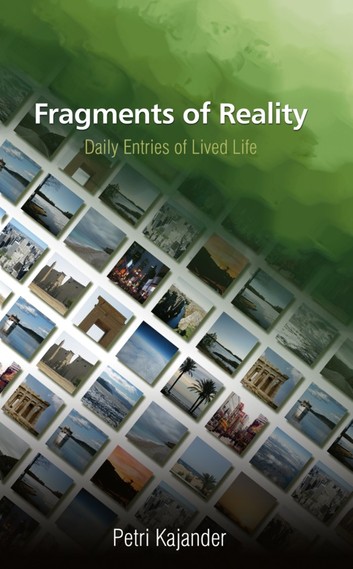Owning means that the owner of something has the right to
exclude others from using it and has a title to control the sub-
ject. How much can we really own and is ownership freedom?
Some time ago, I wrote about the concept of ownership.
Because of the current discussion in politics, it’s interesting to
consider the other aspects of ownership—the sense of control
and freedom.
Usually people want to own things in order to secure
something. They feel more secure when they own the house
rather than rent it. When you own something, you have
something “real.” Ownership is just a word like any other.
Nothing else. We could define it as well to mean a monopoly
or right of exclusion.
By calling owning a right of exclusion, we might realize
more of its nature. By owning, we exclude. We get something
and deny others access to something. Amusingly enough, this
is in many cases the physical reality as well. Wealthy nations
have tight border controls and rich people fence themselves
into their properties.
Currently, only a few people in the developed world pos-
sess most of the resources and wealth in the world. This
exclusion creates disharmony and restlessness. This is not just
the case between wealthy U.S. and Europe versus third world
countries, but also within nations. The United States could be
a case in point, but one could consider many other nations as
well. The bigger the contrast, the larger the resources required
to keep the situation in control. Security and military budgets
are growing every year and terrorist attacks are becoming part
of everyday life.Is it true that the more we own the more free-
dom we create?
It seems to be the opposite. The more we own, the more
we have to worry about. If our personal sense of control and
security is tied to the concept of owning, then the more we
own the more we have to lose. Our possessions become part
of our existence. They are part of our ego and ourself. Any
threat to our possessions not only means living without some-
thing but also poses a direct threat to our own existence (i.e.,
our sense of security and control; freedom).What might have
started as a pure means of getting a title to something easily
turns into a vehicle for gaining personal security and a sense
of freedom. And it’s no wonder that at this stage, things get
complicated. And usually nasty as well. Now it’s personal. My
possessions are part of my existence; they define who I am.
The more the better—without them I am nothing. Very
physical and very real. Very personal.
Seldom can we share the wealth with others and keep the
ownership in its right form. Owning is often power and influ-
ence, and these two usually corrupt our mind easily. Only a
few people can be poor when rich and rich when poor. Real
freedom cannot be purchased. Either you figure it out or you
don’t. The means of substituting the true freedom are many—
ownership is one of them.
This is the original text, and an edited version can be found in the Fragments of Reality -book.

